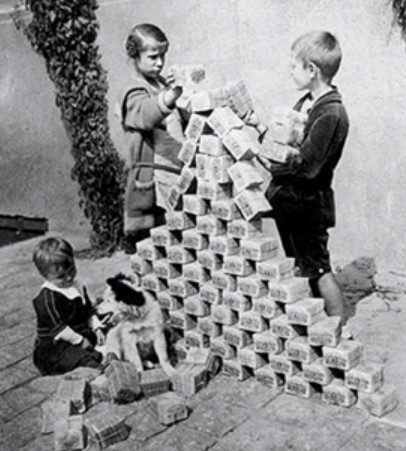In 476 A.D., the Roman Empire fell with Romulus Augustulus.
The Empire collapsed because nobody was able to collect taxes any longer, hence to pay the army and hence to maintain the territory. It is no coincidence that Julius Caesar was the richest man of his time and had over a dozen legions of his own.
The same happened at other crucial times in history. The French Revolution developed in the wake of a financial crisis that France had been in for nearly a century. When it became unsustainable, popular riots broke out without the limits of political authority. Also because money has always been the main form for acquiring popular consensus. Without more money, power is bounds to, sooner or later, lose all authority.
Usually, when a systemic financial crisis begins to take shape, an attempt is made to concentrate power in the hands of an authority, in the hope that this will lay the foundations for new growth. Usually, this authority tries to find ways to fuel consensus through fictitious new wealth, by increasing the state debt or by triggering inflation as, for example, occurred with South American regimes or in African countries in the 1970s.
Usually, completely relying on an omnipotent authority turns out to be only a flash in the pan that burns with great intensity but only for a few years, and then inevitably degenerates into a system collapse that opens a new season, in a series of cycles that unfold in history.
Perhaps the way out of the dark age into which the world is falling will not be a new economic boom but a lack of money.
RES HUMANA











